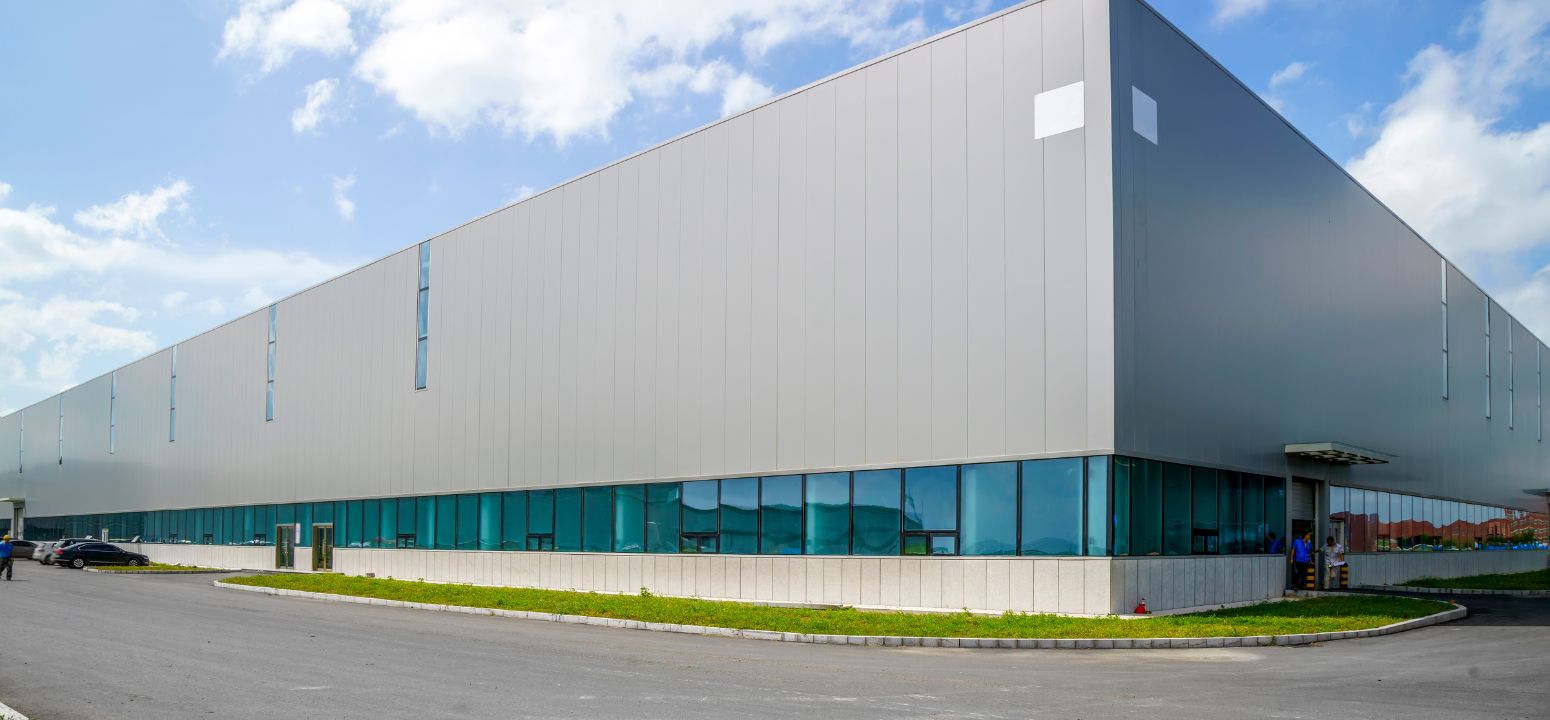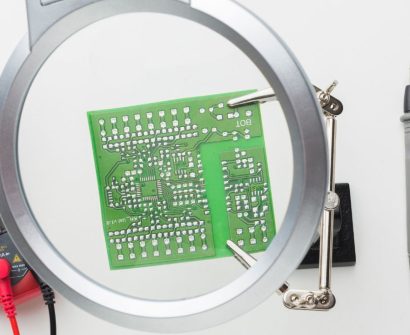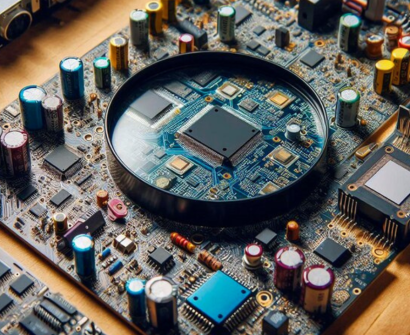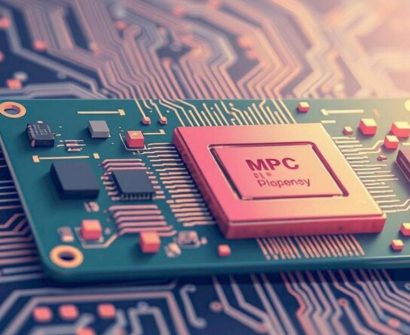Why the World Needs More Semiconductor FABs: Addressing the Global Chip Shortage

The global chip shortage has sparked concern across multiple industries, from consumer electronics to automotive manufacturing. In a world where digital devices are woven into the fabric of daily life, the semiconductor industry plays a critical role. This post will explore the causes behind the shortage, the consequences for affected sectors, and why increasing FAB (fabrication plant) capacity is essential to mitigate future disruptions.
Understanding the Global Chip Shortage
What Is Causing the Chip Shortage?
- Demand Surge from Digital Transformation
Over recent years, the demand for semiconductors has increased significantly due to the growing need for devices such as smartphones, computers, and IoT (Internet of Things) devices. The COVID-19 pandemic accelerated this trend, driving remote work and virtual communication tools, which rely heavily on semiconductor components. - Supply Chain Disruptions
The COVID-19 pandemic disrupted global supply chains, impacting semiconductor production, transportation, and distribution. Factory shutdowns, labor shortages, and logistical issues further slowed down manufacturing and delivery times. - Technological Complexity
The manufacturing of advanced semiconductors requires specialized facilities, called FABs, which can cost billions of dollars to build and operate. These high costs and technological demands have limited the number of FABs capable of producing cutting-edge chips, causing bottlenecks in the supply chain. - Geopolitical Tensions
Trade restrictions and sanctions on key semiconductor-producing nations have also added to the supply challenges. The U.S.-China trade tensions, for instance, have influenced where companies can source chips, further straining global supply.
The Ripple Effect: How Industries Are Impacted
The semiconductor shortage has not been confined to a single sector; it affects virtually every industry reliant on electronics.
- Automotive Industry
Modern vehicles are packed with electronic components, from navigation systems to advanced driver-assistance systems (ADAS). Many automakers had to halt production or delay launches of new models due to chip scarcity, costing billions in lost revenue. - Consumer Electronics
The consumer electronics industry, including smartphones, laptops, and gaming consoles, is heavily dependent on semiconductor supply. Limited chip availability has delayed product releases and driven up prices, affecting both manufacturers and consumers. - Healthcare and Medical Devices
Medical equipment, including diagnostic devices and imaging tools, increasingly incorporates digital components. The shortage has posed challenges for healthcare providers needing critical devices, affecting the ability to deliver timely medical care. - Telecommunications and 5G Rollout
With the global transition to 5G networks, demand for semiconductors has intensified. Telecommunication providers rely on chips to upgrade infrastructure, expand connectivity, and support high-speed networks. Shortages can slow the 5G rollout, affecting global digital connectivity goals.
Why Increasing FAB Capacity Is the Solution
Addressing the chip shortage goes beyond immediate supply chain fixes. Building additional FABs can help create a more resilient semiconductor supply chain. Here’s why FAB expansion is crucial:
- Meeting Rising Demand
As digital transformation continues, demand for chips will only grow. Increasing FAB capacity can meet this demand, preventing shortages from reoccurring as new technologies emerge. - Reducing Dependency on Specific Regions
The global semiconductor industry is highly concentrated in certain regions, with countries like Taiwan, South Korea, and the United States as major players. Diversifying FAB locations can help reduce the risks associated with geopolitical tensions and natural disasters. - Supporting Technological Advancements
Advanced technologies like artificial intelligence, autonomous vehicles, and quantum computing require highly specialized chips. Expanding FAB capacity for these technologies will be essential for progress in these fields. - Improving Supply Chain Resilience
Increasing global FAB capacity allows for a more flexible and responsive supply chain. In the event of a natural disaster or pandemic, having multiple FABs spread across various locations can prevent widespread production halts.
Global Efforts to Expand Semiconductor Production
Governments and private companies have recognized the need for more semiconductor FABs and are taking action. Here’s a look at some initiatives:
- U.S. CHIPS Act
The United States passed the CHIPS and Science Act, providing substantial funding to support domestic semiconductor manufacturing. The goal is to increase production capabilities and reduce reliance on foreign suppliers. - Taiwan and South Korea’s Investments
Taiwan and South Korea, home to industry giants TSMC and Samsung, are investing heavily in expanding their semiconductor production capacities. These countries are crucial to the global semiconductor supply chain. - European Union Initiatives
The EU has introduced the European Chips Act to bolster its semiconductor industry, aiming to produce 20% of the world’s chips by 2030. This move seeks to strengthen Europe’s role in the semiconductor industry and reduce dependency on non-European sources.
Future-Proofing with Sustainable FAB Practices
While building more FABs is essential, it is equally important to ensure that these facilities are sustainable. Semiconductor manufacturing is resource-intensive, consuming significant amounts of water and energy. To future-proof the industry, new FABs should adopt:
- Energy-Efficient Technologies
Using renewable energy sources and energy-efficient equipment can significantly reduce the carbon footprint of semiconductor manufacturing. - Water Recycling Systems
Many semiconductor processes require large volumes of water. Implementing water recycling technologies can help reduce water waste, making FAB operations more sustainable. - Waste Reduction Initiatives
FABs can reduce waste by minimizing chemical use, optimizing processes, and recycling materials whenever possible.
Conclusion
The global chip shortage has underscored the critical role of semiconductors in modern society. Increasing FAB capacity is essential for creating a resilient supply chain capable of meeting the growing demand for digital devices. Through coordinated efforts, both in terms of FAB expansion and sustainable practices, we can work toward a future where industries worldwide have access to the chips they need.
With proactive investment in FABs, nations and companies can help secure a robust supply of semiconductors, supporting technological advancement and economic stability. By addressing the chip shortage now, we’re not just meeting today’s demands; we’re building a foundation for future innovation.







